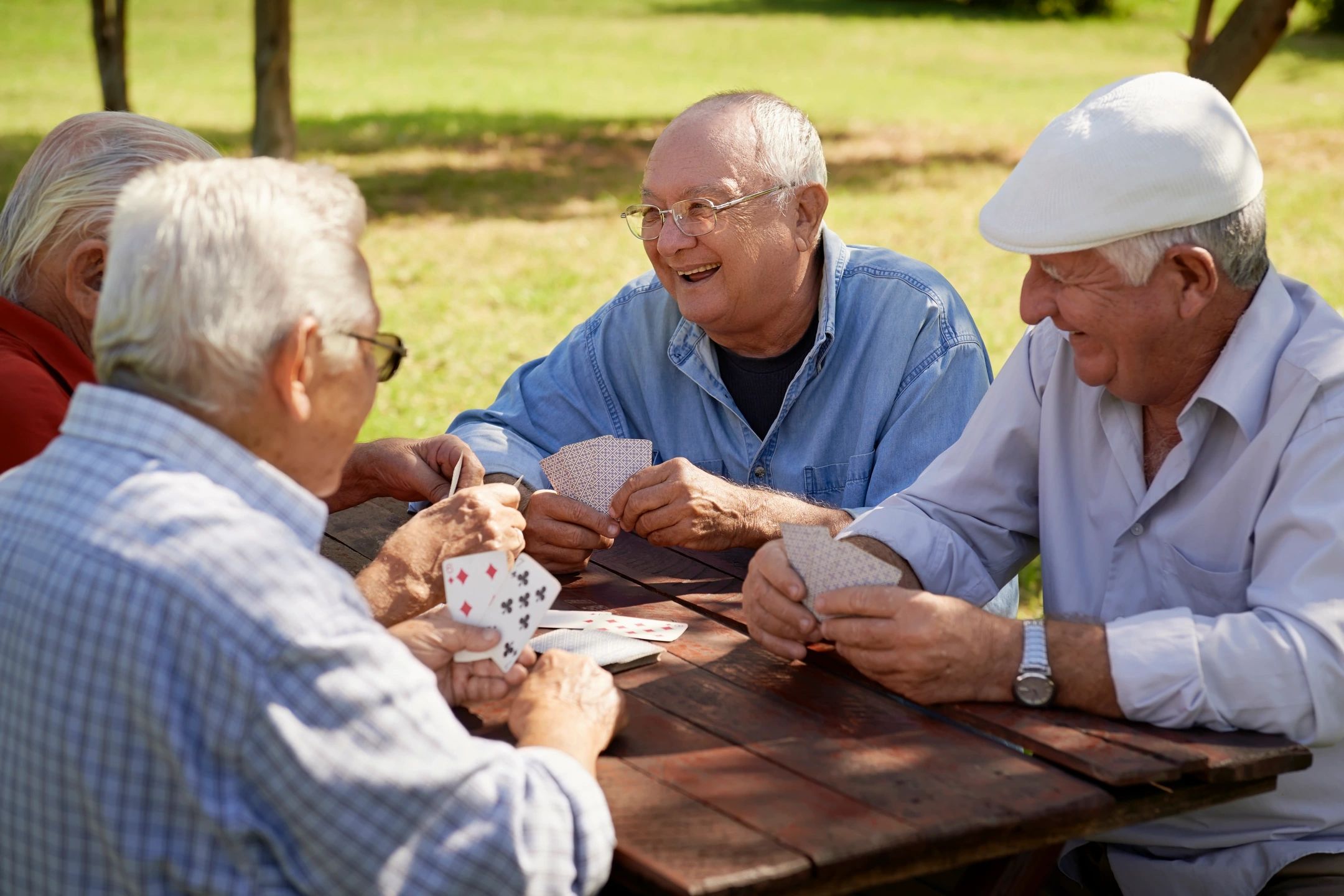Why Companionship Matters: How Social Interaction Helps Seniors Thrive

Aging brings many changes, but one thing remains essential—companionship. As seniors grow older, maintaining social connections isn’t just about staying entertained; it’s a key factor in their overall health and longevity. Research shows that loneliness can have the same impact on a senior’s health as smoking 15 cigarettes a day, increasing the risk of heart disease, dementia, and depression.
For families with aging loved ones, ensuring they have consistent companionship can greatly improve their quality of life. Here’s why social interaction is so important for seniors and how caregivers can help them stay engaged and thriving.
The Health Risks of Senior Loneliness
Social isolation doesn’t just cause emotional distress—it has real physical and mental health consequences. Studies have linked loneliness in seniors to:
- Increased risk of cognitive decline – Isolation has been associated with a 50% increased risk of dementia.
- Higher likelihood of depression and anxiety – Seniors without social connections are more prone to chronic sadness and stress.
- Weakened immune system – Loneliness contributes to higher inflammation levels, making seniors more vulnerable to illness.
- Heart disease and high blood pressure – Limited social interaction can raise stress hormones, increasing the risk of cardiovascular problems.
Recognizing these risks is the first step in making positive changes. Now, let’s explore the benefits of companionship and how families can help seniors stay socially active.
How Social Interaction Helps Seniors Live Longer & Healthier Lives
Having meaningful connections is as important as proper nutrition and exercise when it comes to aging well. Here’s how companionship benefits seniors:
Boosts Mental & Emotional Well-Being
Regular social interactions reduce stress and anxiety, helping seniors feel valued and emotionally supported. A simple conversation, shared laughter, or a friendly visit can brighten their day and improve their outlook on life.
Supports Brain Health & Memory
Engaging in stimulating conversations, games, or storytelling keeps the brain active, helping seniors maintain cognitive function and reduce their risk of dementia. Activities like puzzles, reading, or reminiscing with loved ones are excellent for mental stimulation.
Encourages Physical Activity
Seniors with regular companionship are more likely to stay physically active, whether it’s through light exercises, short walks, or dancing to their favorite songs. Movement improves circulation, flexibility, and overall well-being.
Provides a Sense of Purpose
Feeling connected gives seniors a reason to wake up with excitement. Whether it’s mentoring younger family members, volunteering, or simply sharing life stories, having meaningful relationships helps them feel valued.
Ways to Keep Seniors Socially Engaged
Helping seniors stay connected doesn’t have to be complicated. Here are simple ways to ensure they remain socially active:
- Schedule regular visits or video calls – Even short conversations can make a big difference.
- Encourage hobbies and group activities – Book clubs, gardening, or crafting keep seniors engaged.
- Plan outings when possible – Visiting a park, a local event, or a coffee shop adds excitement to their routine.
- Introduce a pet or companion animal – Pets provide constant companionship and emotional support.
- Explore community programs – Many senior centers and church groups offer social activities.
If family members are busy or far away, professional caregivers can step in to provide companionship and daily engagement.
How Home Care Can Help Seniors Stay Socially Active
In-home caregivers offer more than just assistance with daily tasks—they provide much-needed companionship. A compassionate caregiver can:
- Engage in meaningful conversations – Discuss life stories, hobbies, and favorite memories.
- Encourage social outings – Help seniors attend community events or meet friends safely.
- Provide support for cognitive activities – Play games, read together, or reminisce.
- Assist with technology – Teach seniors how to use smartphones or video calls to stay in touch with loved ones.
According to the National Institute on Aging, social isolation in older adults is linked to a higher risk of premature death, making companionship a critical part of senior care. You can read more about the health effects of loneliness here.
At Ohio Home Cares, we understand that companionship is just as important as physical care. Our trained caregivers offer emotional support, social interaction, and personalized activities to help seniors feel connected and happy.
Help Your Loved One Stay Social & Thriving
No senior should feel alone. By prioritizing companionship and engagement, families can help their loved ones live longer, happier lives.
If your loved one needs extra support, Ohio Home Cares is here to help. Our compassionate caregivers provide companionship, personal care, and daily assistance to ensure seniors feel valued, engaged, and connected.
Call us today for a free consultation! Visit ohiohomecares.com or call (888) 706-8155 learn how we can support your loved one.
Why Companionship Matters: How Social Interaction Helps Seniors Thrive
Why Companionship Matters: How Social Interaction Helps Seniors Thrive Aging brings...
Cold Weather, Warm Care: Helping Seniors Cope with Seasonal Depression
Cold Weather, Warm Care: Helping Seniors Cope with Seasonal Depression As...
Signs It’s Time to Consider Home Care
Signs It's Time To Consider Home Care Caring for an aging...


